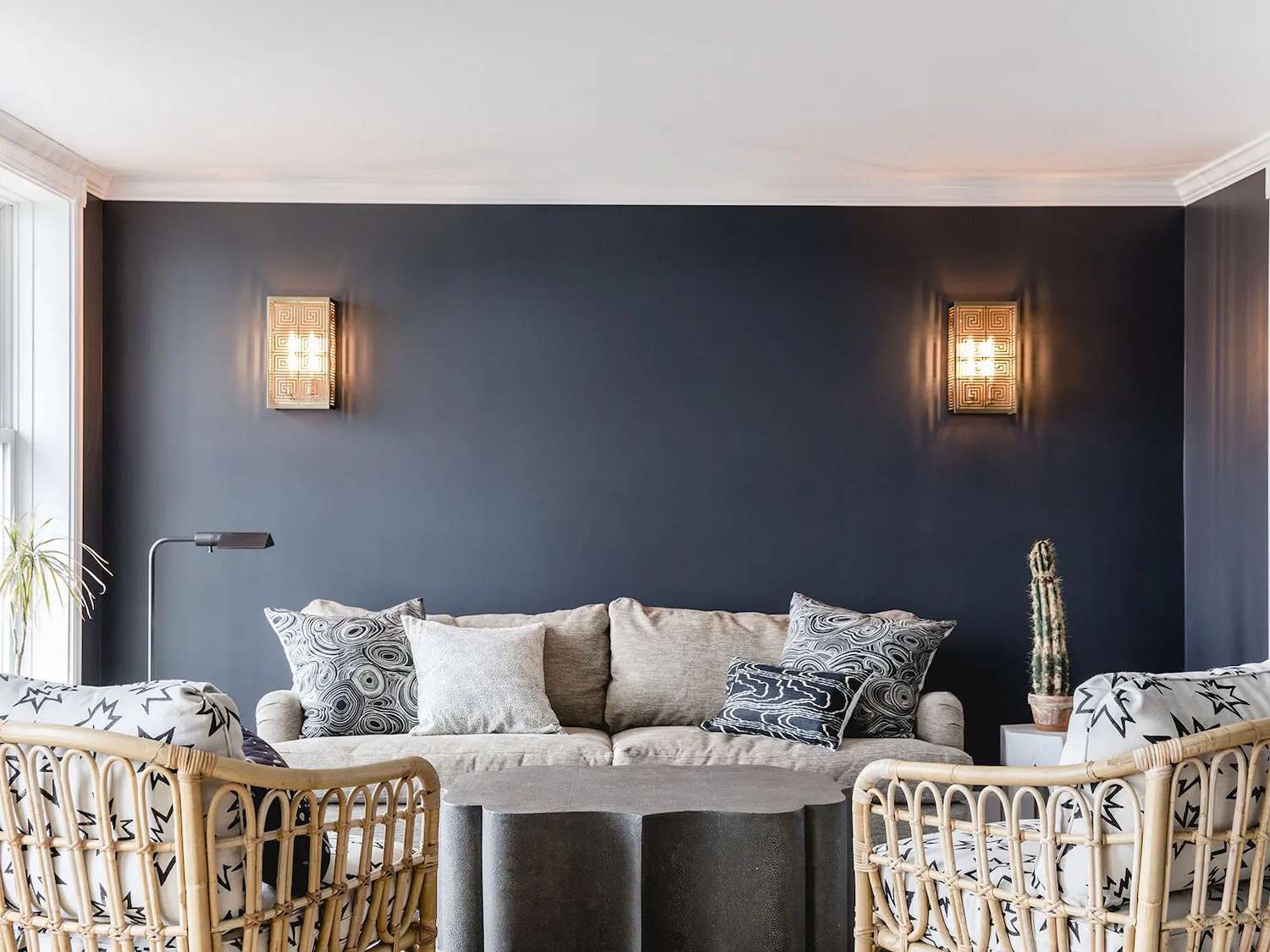
5 Tips to Make Your Home Fall-Proof
It’s about safety and preventing falls — Here are 5 Tips to make your home fall-proof.
Disclaimer: This post is not medical advice and solely tips on fall prevention.
Falls can result from physical surroundings, frayed rugs, missing tiles, poor lighting, and many other things. Say there are young children in the house, elderly parents, or anyone extra susceptible to severe injuries from falling – it is crucial to keep your home and the people in it safe.
According to the CDC, “One out of five falls causes a serious injury such as broken bones or a head injury, [and] each year, 3 million older people are treated in emergency departments for fall injuries”. Additionally, “Each year, millions of older people—those 65 and older—fall”. Thus, making your home fall-proof, or at least fall-unlikely, is imperative.
1. Get rid of clutter and things that can make you trip.
Not only can clutter cause anxiety, dirt to accumulate, and a scattered mind — It can also make you trip. Tripping over items scattered around the house is a common culprit of falls, and a clutter-free environment can significantly mitigate this risk. Beyond the physical hazards, clutter can contribute to heightened stress levels. By decluttering, you not only create a safer home but also promote mental well-being.
Take the time to assess each room and remove unnecessary items. Organize belongings to create a more streamlined and visually appealing living space. This simple yet effective step enhances safety and overall quality of life, ensuring that your home is a haven of comfort and security. A clutter-free home allows you to move forward in the best possible way so you can focus on other aspects of life.
2. Invest in bright, beautiful lighting.
I like to believe that good lighting can add an ambiance to a home that no expensive piece of furniture can. And it doesn’t have to break the bank. There are surely affordable yet elegant and effective options out there. More importantly, good and plenty lighting can prevent falls by allowing you to see your surroundings better. Good lighting will enable you to see what lies ahead — literally! A 2022 study on lighting found that circadian lighting can decrease seniors’ chances of falling by 43% (JAMDA).
Lighting doesn’t have to be on all day, either. You can invest in automatic lights that are motion activated. Nevertheless, it’s evident that investing in lighting for a home can be beneficial in many ways.
See: Seven top smart light systems to transform the mood of your home
3. Examine the sturdiness around your home.
It is crucial to frequently check on things like floors, floor tiles, and walls to make sure they are sturdy and not on the verge of breaking. Things like stairs should be even, and any handrails should be built to the wall sturdily. Also, bathrooms should be free of too much clutter, and kitchens should be easy to navigate.
Additionally, make sure that things are in the right locations. For example, a toilet could be in a position that makes it difficult for someone on a wheelchair to utilize it. Also, while carpets and rugs can add warmth to your home, they can also pose a tripping hazard if not properly secured.
4. Get your vision checked.
One of the best things that you can do for your own wellbeing and to prevent falls in your home is check your vision. Check your vision with a medical professional. Make sure you are able to see clearly in your own home. Moreover, this is one of the more important things to do.
Regular vision check-ups with a medical professional are crucial for maintaining overall well-being and preventing falls in your home. As we age, vision changes can occur. Addressing these issues promptly through regular eye exams will ensure you can see, identify potential hazards, and react quickly to prevent accidents.
5. Note any medication effects or body changes
According to Johns Hopkins Medicine, one important thing to do is consider any possible side effects from medications that may make you susceptible to falling. “The medications you take may have side effects that could compromise your stability and balance. For example, blood pressure medicine, diuretics and antihistamines may cause lightheadedness or dizziness”.
Additionally, “people [may] start showing signs of instability, balance or frailty”. Therefore, noting any changes and communicating that to your loved ones and a health professional is important.
Looking to contact us? Click here
Connect with us on instagram





